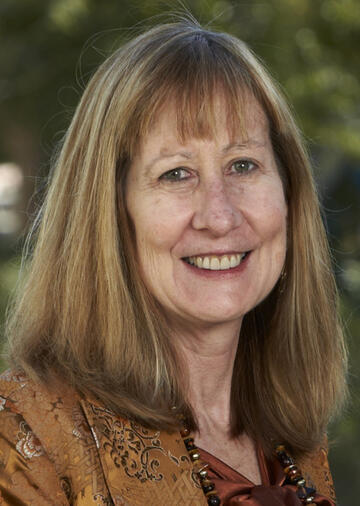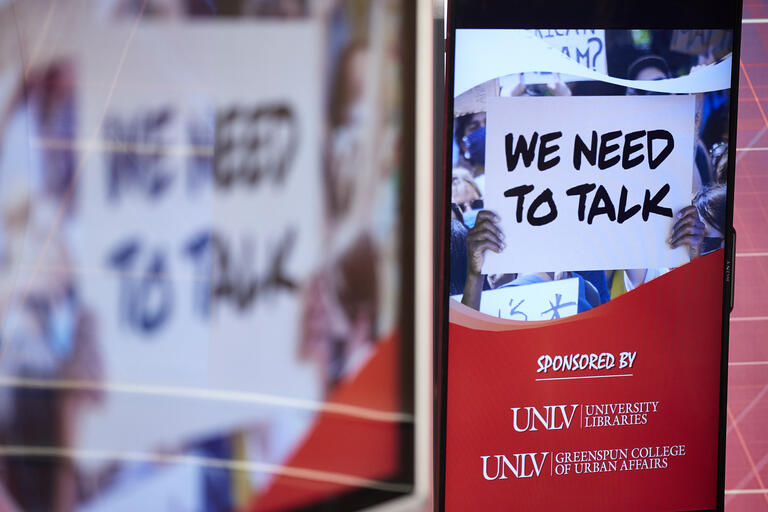Since opening its doors in August 2017, the Rosenblum Family Foundation Tax Clinic at the UNLV William S. Boyd School of Law has provided pro bono “tax justice” to qualifying low-income families and taxpayers for whom English is a second language. The clinic serves all of Nevada and is currently managing nearly 50 client matters, with Boyd students taking the lead on tax matters under faculty supervision.
Partially funded by a federal grant requiring matching funds, the Tax Clinic has been endowed with a generous donation by local attorney/businessman Russell Rosenblum, founding member of RMR Capital Group. Clinic faculty serve Nevadans with ongoing taxpayer education and outreach programs, including an active Twitter account (@UNLVLawLITC) and “Tax Talk Tuesdays,” a commuter radio segment that provides weekly tax tips and traps for the unwary. The segment airs at 8:45 a.m. Tuesdays on UNLV’s station KUNV-FM 91.5, also streaming live at 915TheSource.org/Listen.
We recently spoke with the Tax Clinic’s founding donor and faculty—Russell Rosenblum; Sonya Watson, the clinic’s Director and 2013 Boyd graduate; and William S. Boyd Professor of Law Francine Lipman—about their passion for tax justice and how the clinic is meeting an important need in Nevada.

Watson: The number of people in our state who are in tax court, unrepresented, is astonishing. That’s an indicator of the need we have here. Taxpayers get a letter from the IRS, and oftentimes the amount due is so insignificant that other attorneys won’t take the case because of cost-benefit analysis. If you owe $1,000, you’re not going to hire an attorney to fight for you, because you’ll rack up more than $1,000 in legal fees in the time it takes to resolve the case. We are there to meet that need for those taxpayers.
Rosenblum: Somebody who owes $700 or $800 who makes $12 an hour? They don’t have that. And if it turns out they didn’t owe it, they may feel they have to pay it anyway. They might quit their job and hide, because the IRS might start garnishing [wages]—and if they move from on the books to off the books, they pay no taxes. That hurts our overall tax base and economic growth.
Lipman: Many economic benefits are delivered for lower- and middle-income families through the federal income tax system. Making sure Nevadans have access to these benefits is critical not only for them, their children, and any dependent seniors, but also for economically challenged neighborhoods. Tax refunds are typically spent in taxpayers’ neighborhoods, providing a targeted method of stimulating local economies. But if lower-income Nevadans are not able to access these federal resources, they—and especially their children—suffer, as does the entire state. It is critical that all Nevadans have access to these federal tax benefits and have representation if necessary to receive them. The Tax Clinic helps Nevada achieve these goals.
Watson: Taxpayers often feel the IRS is this big machine that’s coming for them, and they’re afraid. We can dissipate a lot of that fear by explaining the issues and options in each taxpayer’s case. Our goal is to resolve the taxpayer’s issues favorably, but even if a favorable outcome isn’t possible, taxpayers leave our office having had the opportunity to be heard.
Lipman: The Tax Clinic is a win-win for all Nevadans. It embodies the goals of UNLV Law to serve the state as well as train law students to take ownership of problems and solve them for a greater good in our local communities and beyond.



